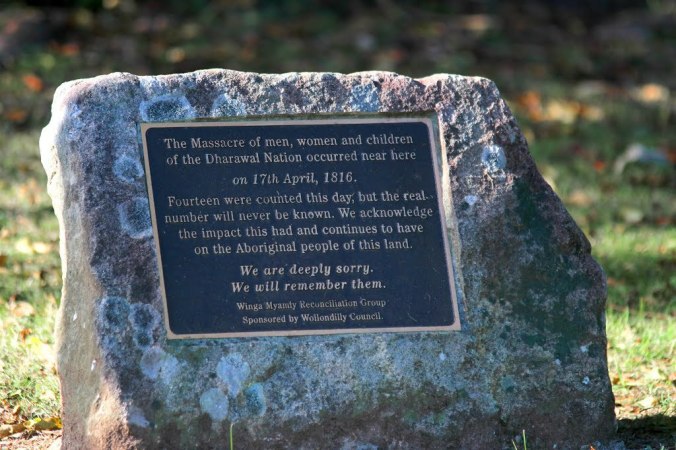Writers, to begin: ‘unlearn’ yourselves free and create something wonderfully messy.
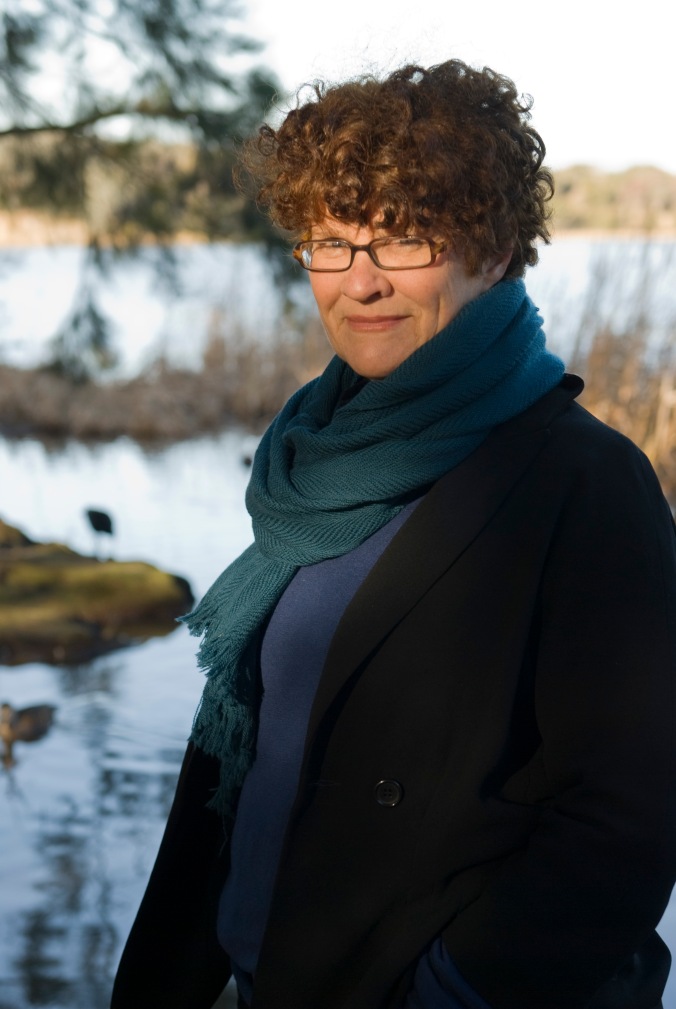
My only advice to writers is this: don’t listen to the voices. Writers have to unlearn a lot before we are free to write. We have to unlearn a lot of the things we’ve learned, such as all the pieces of advice above. We have to unlearn, for a while, the desire to have a finished product. Getting a piece of writing to work usually means many failed attempts.
Hardest of all, we have to unlearn a lifetime’s training in being orderly and making sense. Writers have to end up making sense but they don’t have to start off making sense. In fact, a certain amount of apparent disorder is healthy in the early stages of writing. Why? Because being orderly is a process of eliminating things, and when you first start a piece of writing, it’s better to have far more material than you need and more ideas than can possibly fit into the piece. You need to have a great untidy overflow of characters, events, images and moods so that you can pick and choose, rather than having a poor thin little heap.
This takes practice. At first, it may feel self-indulgent, pointless and messy. This is alarming. Remind yourself of two things: first, that this is only an early draft, not the finished product; and second, that you are the only person reading this.
And try not to ask the most paralysing question of all: ‘but what is this all about?’extract from Kate Grenville’s The Writing Book, 1990
Visit Kate Grenville’s website and read an extract from her book for budding writers. She urges writers to begin writing and to free themselves from the constraints of well-meaning advice. It is about adjusting one’s expectations and learning through the act of writing.
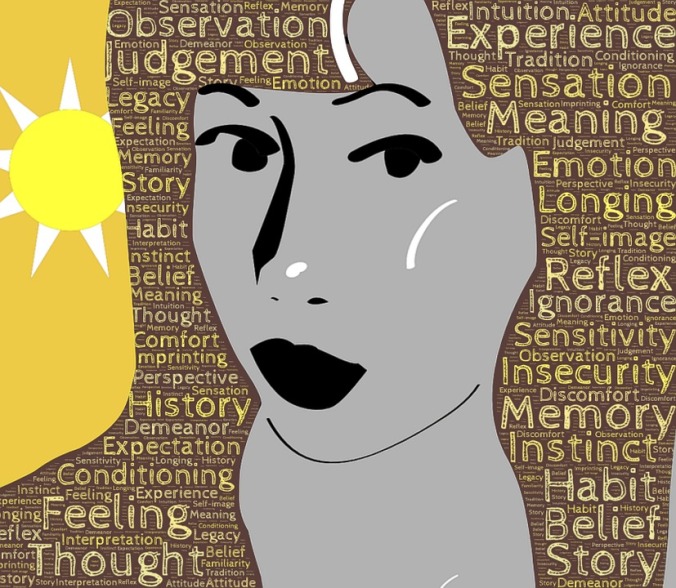

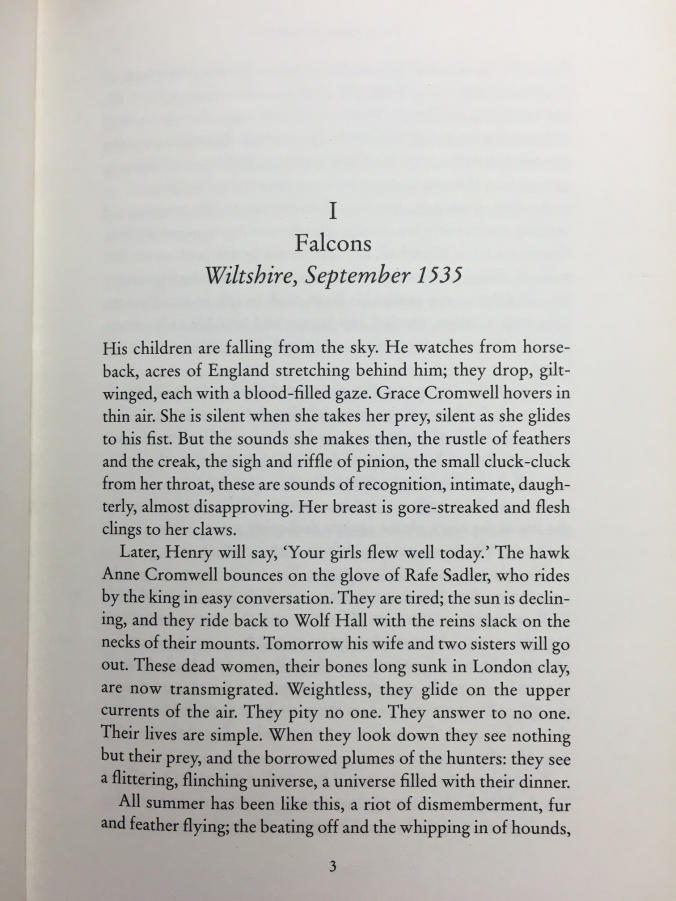
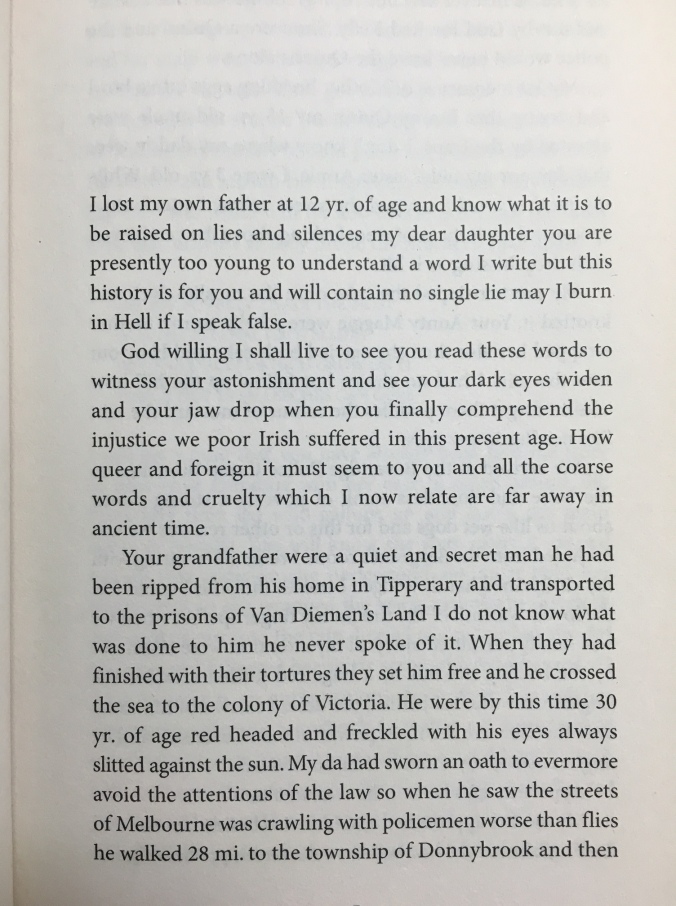
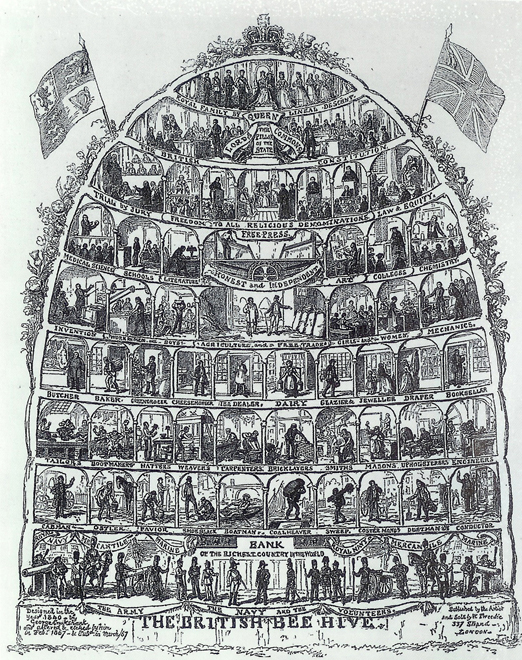
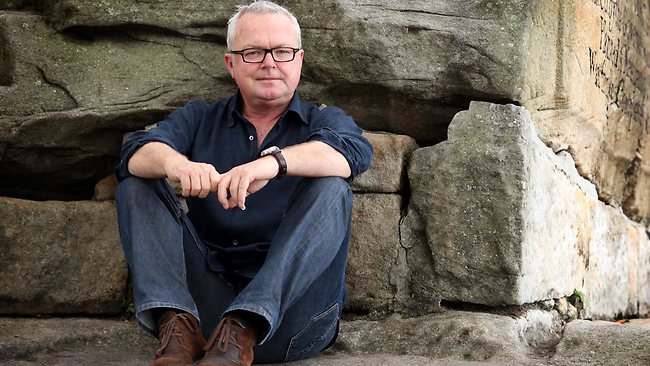 Andrew Bovell writes about his approach to the text in the Syndey Theatre Company’s magazine section on their website. Read
Andrew Bovell writes about his approach to the text in the Syndey Theatre Company’s magazine section on their website. Read 
